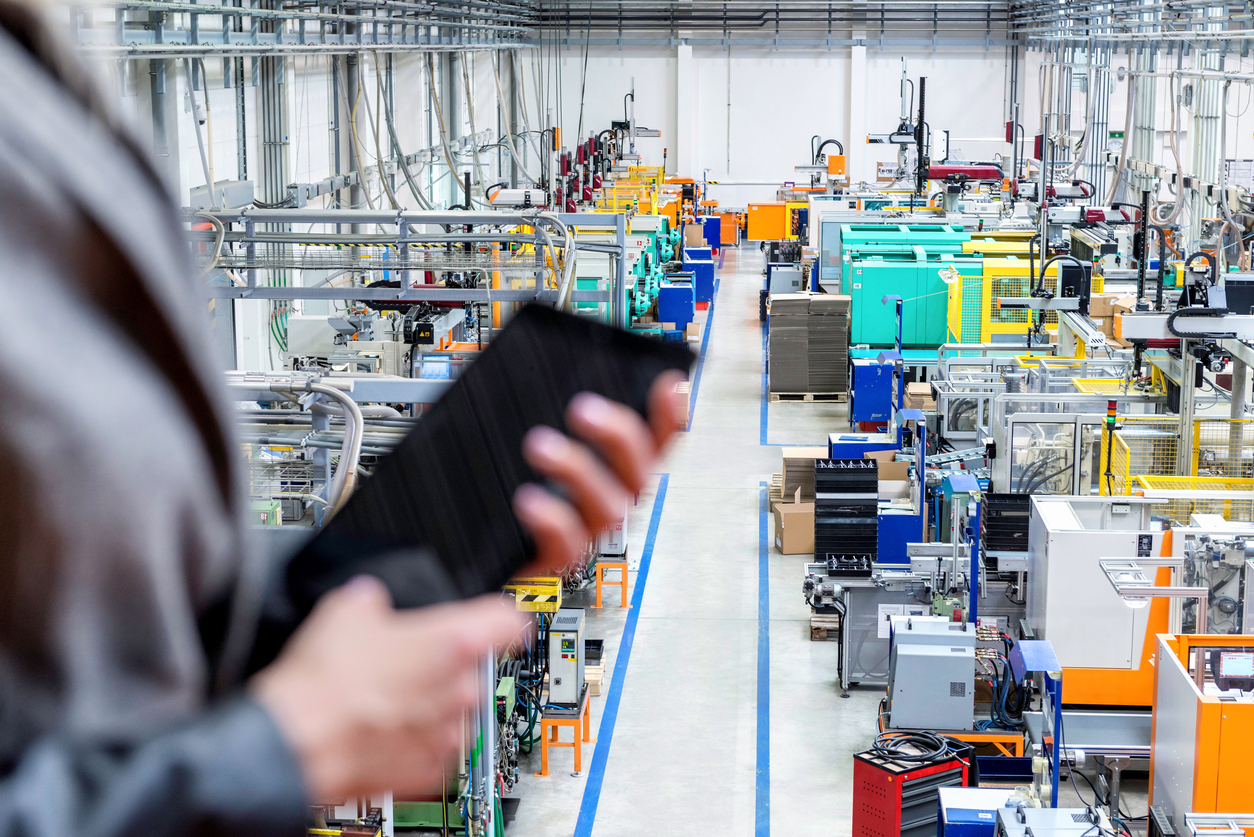Grohe: Complex Processes Easily Solved: Automation and Digitalization in Purchasing and Supply Chain Management

Grohe AG
GROHE is a leading global brand for complete bathroom solutions and kitchen fittings and has a total of over 6,000 employees in 150 countries – 2,600 of them are based in Germany. Since 2014 GROHE has been part of the strong brand portfolio of the Japanese manufacturer of pioneering water and housing products LIXIL. In order to offer “Pure Freude an Wasser” (“The Joy of Water”), every GROHE product is based on the brand values of quality, technology, design and sustainability. Renowned highlights such as GROHE Eurosmart or the GROHE thermostat series as well as groundbreaking innovations such as the GROHE Blue water system underline the brand’s profound expertise. Focused on customer needs, GROHE thus creates intelligent, life-enhancing and sustainable product solutions that offer relevant added value – and bear the “Made in Germany” seal of quality: R&D and design are firmly anchored as an integrated process in Germany.
Download the Grohe case study in PDF
The Challenge: It All Started with Complex Logistics
As one of the leading brands in the sanitation industry, GROHE selects partners based on their degree of innovation. To address its extremely complex logistics requirements, GROHE started working with JAGGAER in 2012. The IT solution it had used up to that point was not sufficiently flexible and future-oriented. JAGGAER offered a solution that can be used worldwide, is easy to understand, can cover all purchasing and logistics processes, and can grow intelligently together with GROHE.
GROHE solves the apparently contradictory principle of the components’ “long journey, quick access” with inbound logistics hubs. These are warehouses within reach of company locations, which are controlled and filled by the suppliers. The material requirements for GROHE production are then retrieved from the hubs. In this way GROHE ensures that it can react quickly to short-term orders, while relieving its own storage facilities. This approach involves a high degree of process complexity. Suppliers must be involved in planning in a way that is convenient, by being notified about production runs well in advance by means of a forecasting system, and thus being able to schedule their deliveries on time.
Dialogue Perfects Processes
Since the introduction of the Vendor Managed Inventory (VMI) solution, logistics processes at GROHE have been much more transparent and efficient: The supplier can organize GROHE deliveries based on the current stock level and specific figures. The warehouse requirements are represented graphically, giving a clear display of the minimum and maximum stocks, which offers greater transparency to suppliers about planned production runs. Orders and order confirmations are mapped in real time with immediate storage in the SAP system, without additional manual effort for GROHE. Suppliers can react faster and deliver with greater precision. Both business partners work with the maximum possible utilization. GROHE suppliers can now track every status from the receipt of the customer orderthrough to production, as well as parts list resolution and procurement, and prepare accordingly. The procurement volume and there is a considerable number of suppliers under this management. GROHE has a total of 1,600 article storage combinations in the VMI module and another approximately 15,000 material-plant combinations that are provided by over 600 suppliers. A total of more than 160,000 orders are processed via JAGGAER every year.
High Acceptance of the Supplier Portal
After the successful start, GROHE and JAGGAER expanded their cooperation and further developed the operational systems. More than 90% of the direct material suppliers work with the supplier portal and use it to manage the ordering process. The high acceptance of the supplier portal was the basis for further growth. In 2014 a uniform process for the implementation of tenders was implemented, with the introduction of the RFQ module in direct purchasing. Full evaluation of the offers is carried out using a detailed and standardized tender form. Suppliers receive the tender via the JAGGAER supplier portal and return offers on these without media interruption.
The DAE (Document Approval Exchange) module introduced in the same year enables GROHE to communicate with suppliers efficiently. Suppliers are written to on a group basis. The JAGGAER supplier portal shows whether a sent document has been read and accepted or, if previously set, an alternative or signed document has been returned. GROHE has been using JAGGAER Contract Management as a central contract database in purchasing since early 2019. JAGGAER replaced a pre-existing system. Integrating the contracts into the JAGGAER user interface, which buyers were already familiar with, means that the metadata in the process, such as contract type or validity date, is maintained very reliably and uniformly. Detailed reporting on various types of contracts is now possible. Even returned documents can be transferred from the supplier to contract management after approval via the DAE interface.
Benefits Obtained With JAGGAER
- Maximum utilization, short response times and transparent planning
- Automatic processing of 160,000 orders per year
- Ordering costs at GROHE completely eliminated
- Mapping of orders / AB in real time
- Management of 1,100 eRFQs annually
- More than 90% of direct spend transactions and order volume via JAGGAER
- Information on more than 15,500 material-plant combinations
- Ongoing reports and administration of approximately 3,000 contracts

Better usability
Right from the start, GROHE defined exactly what the portal had to do. Together, the precise ideas could be implemented and further developed. Supplier registration via the portal is continuously expanded and the supplier profile is augmented with questions about new certificates, guidelines etc. Subjects that are important to GROHE, such as sustainability, are represented in this way. Since 2018, corporate social responsibility has therefore featured as a fixed criterion on the questionnaire. The addition not only gives GROHE feedback from suppliers, it also creates greater awareness of relevant issues. The common view includes the switch to the new PURE user interface and an audit of the processes based on JAGGAER best practices.